SOMETIMES, THE LITTLE THINGS WE DO CAN meaningfully affect our health. Today, I explain how I limit two beverages to reduce my cancer risk. Cancer, Two Drinks, and You.
What are the two drinks I try to avoid? You probably guessed the first one: alcohol. I generally don’t drink, but if I did, I would limit it to less than 14 glasses weekly.
But what about the second? If you said sugar-sweetened drinks, that’s a bingo.
Today, we explore the evidence that alcohol and sugar-sweetened beverages are linked to cancer.
Alcohol and Cancer Risk
I am a doctor who helps individuals with cancer. Truthfully, I would prefer it if nobody ever needed my services. In this context, I always seek ways to reduce cancer risk.
Does alcohol cause cancer? Yes, there is a strong scientific consensus that alcohol consumption can cause several cancer types.
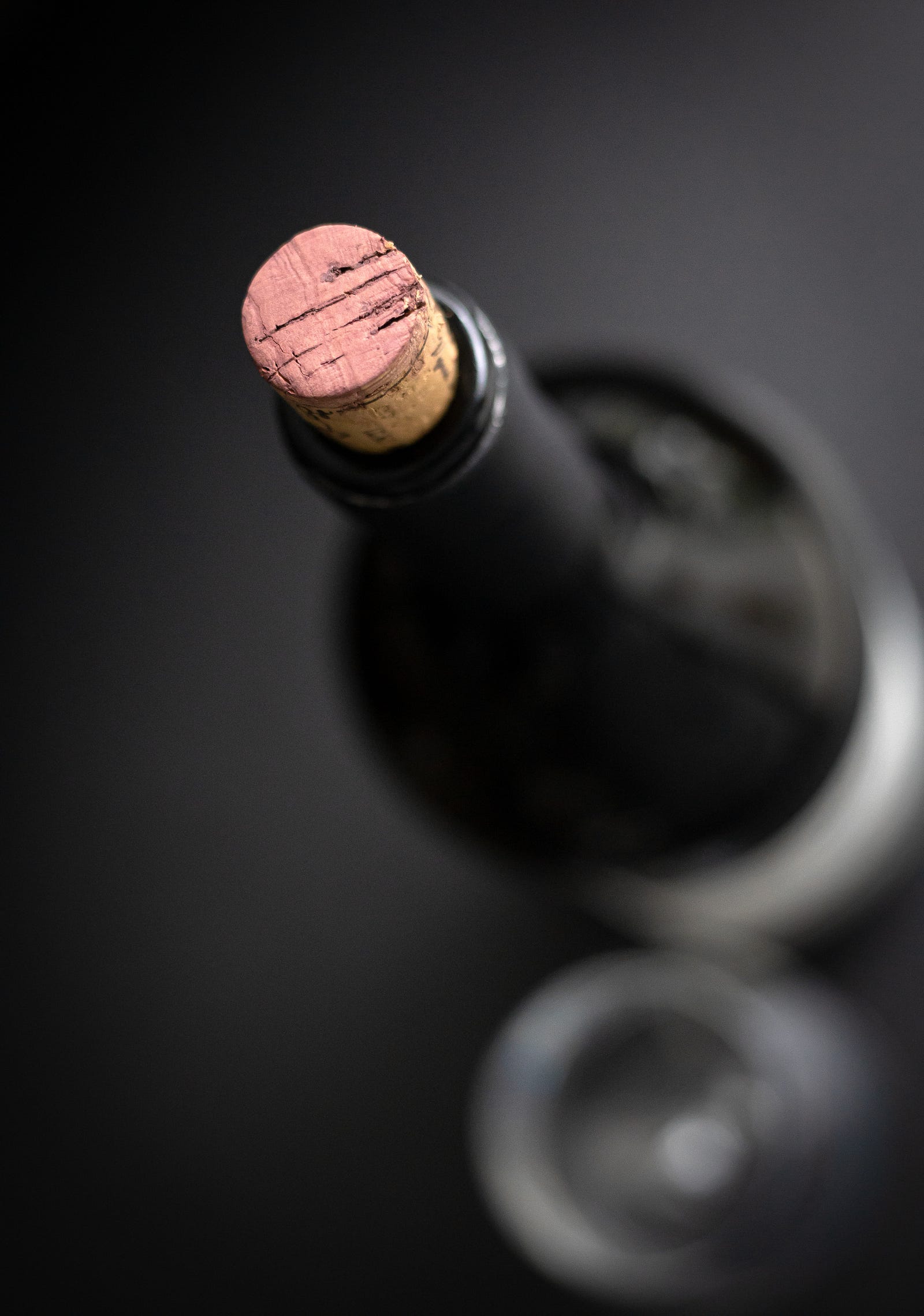
In its Report on Carcinogens, the National Toxicology Program of the US Department of Health and Human Services lists the consumption of alcoholic beverages as a known human cancer-causing agent.
How Much Alcohol Raises Risk?
The more one drinks — especially regularly over time — the higher the risk of alcohol-related cancer.
Many of my friends, colleagues, and patients consume no more than one standard alcohol-containing drink daily.
This small volume of alcohol consumption modestly increases the risk of some cancers.
A Meta-Analysis
A meta-analysis of 92,000 light drinkers (and 60,000 non-drinkers) discovered this:
Light drinking increases the risk of cancer of the oral cavity, pharynx (throat), esophagus, and female breast cancer.
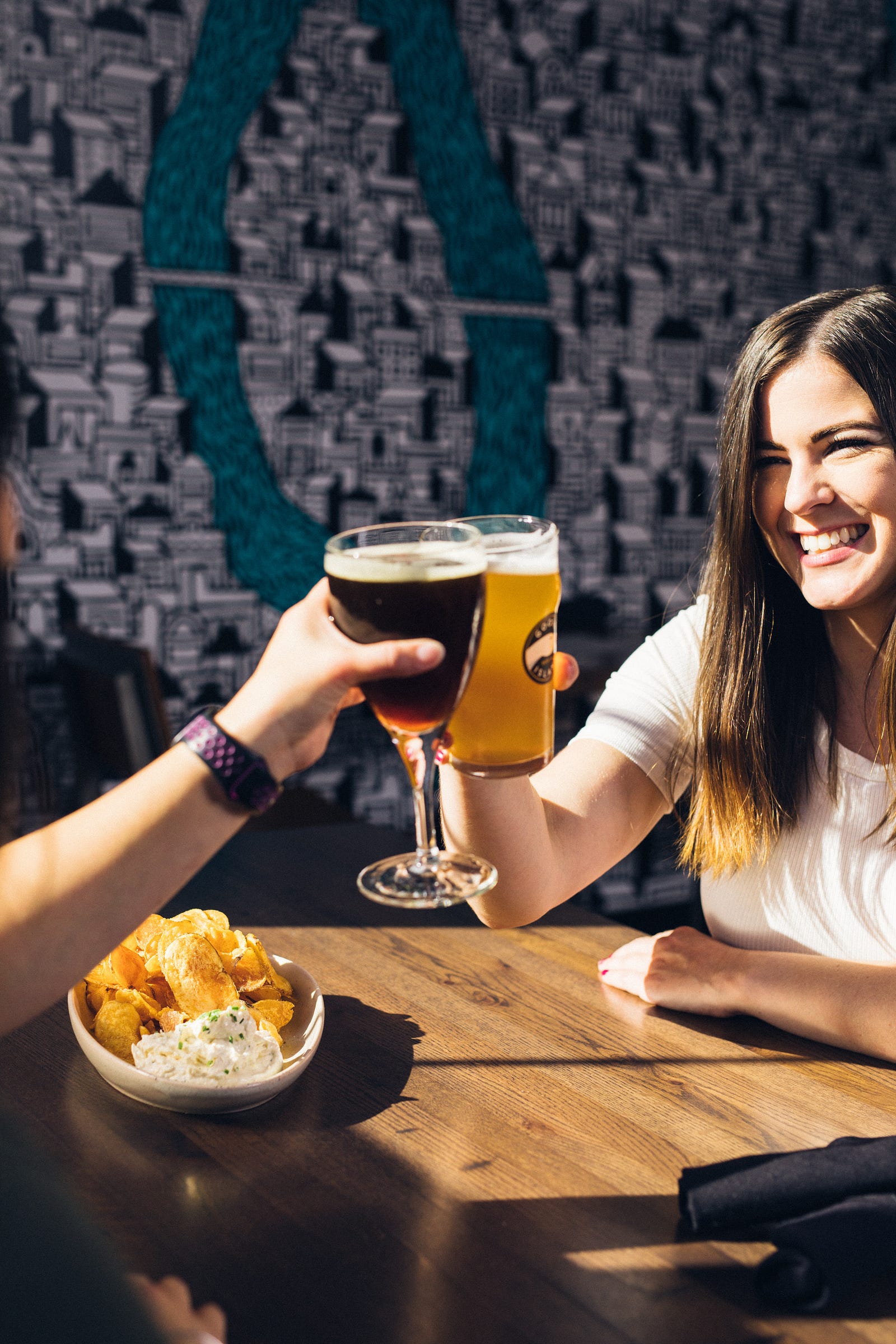
Approximately 3.5 percent of cancer deaths in the United States (and four percent worldwide) per year are related to alcohol.
Alcohol and Specific Cancers
The U.S. Centers for Disease Control offers that clear patterns have emerged between alcohol consumption and the development of the following types of cancer:
- Mouth and throat
- Voice box (larynx)
- Esophagus
- Colon and rectum
- Liver
- Breast (in women)
Moreover, daily drinking of three or more alcohol-containing drinks increases the risk of pancreas and stomach cancers.
Alcohol may also increase prostate cancer risk in men.
Why Does Alcohol Use Raise Cancer Risk?
When you consume alcohol, your body breaks it down into the chemical acetaldehyde.
Acetaldehyde can damage your DNA — our cell’s instruction manual — and stop your body from fixing the damage.
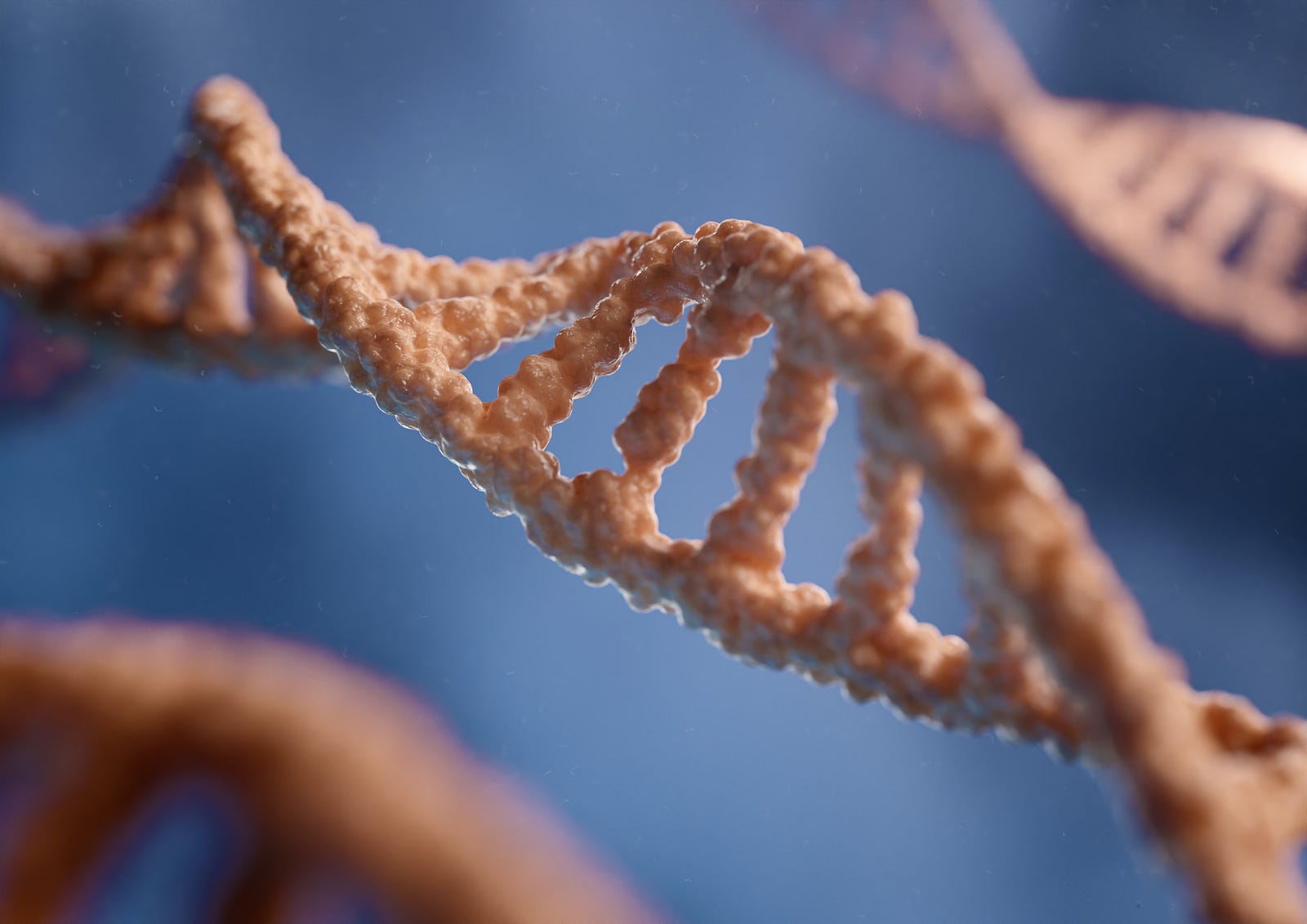
More specifically, acetaldehyde can cause crosslinking between your DNA strands. This type of damage is particularly dangerous.
DNA damage is sometimes associated with a cell dying or growing out of control and creating cancer.
Sugar-Sweetened Drinks and Cancer Risk
A large study led by researchers at the American Cancer Society (ACS) revealed some disturbing findings:
Men and women who drank two or more servings of sugar-sweetened beverages daily — compared to people who never drank — had a five percent increased risk of death from obesity-related cancer, including gastrointestinal, postmenopausal breast, uterus, and kidney cancer.
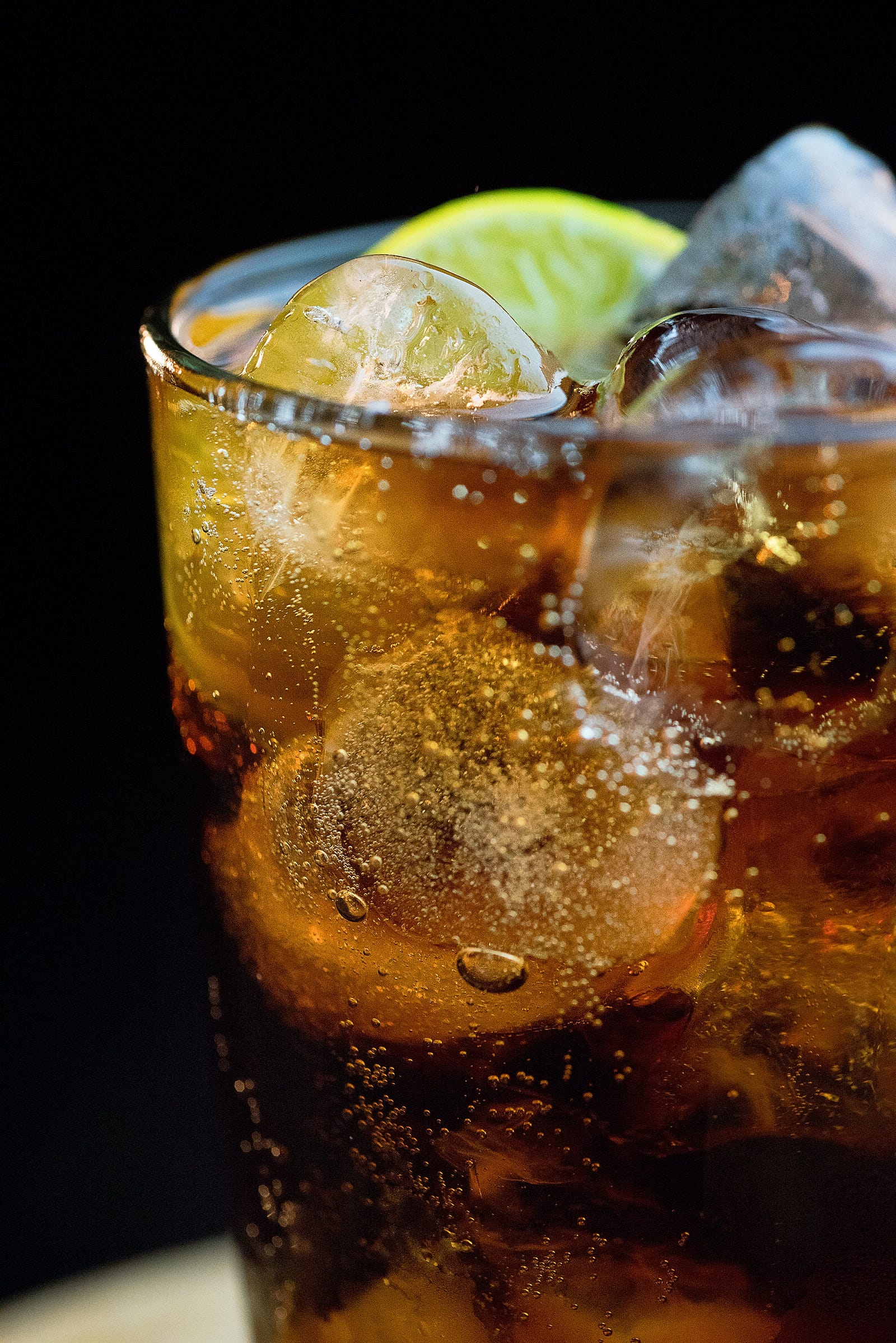
These findings were associated with a higher body mass index (BMI) among the subjects who regularly drank sugar-sweetened beverages.
BMI is an admittedly imperfect measure of body size, combining a person’s weight with height.
A separate study showed that compared with three or fewer sugar-sweetened beverages per month, consuming one or more of these beverages per day was associated with a higher incidence of liver cancer and death from chronic liver diseases.
Artificially-Sweetened Beverages and Cancer Risk
You may wonder about whether artificially sweetened beverages increase cancer risk.
The American Cancer Society-sponsored study showed an association between drinking artificially sweetened beverages and obesity-related cancers.
However, when the researchers controlled for body mass index, the association disappeared; that is, with this exception:
Artificially sweetened beverages consumption was associated with a higher pancreas cancer risk.
More research is needed to understand better the relationship between artificially sweetened drinks and cancer risk.
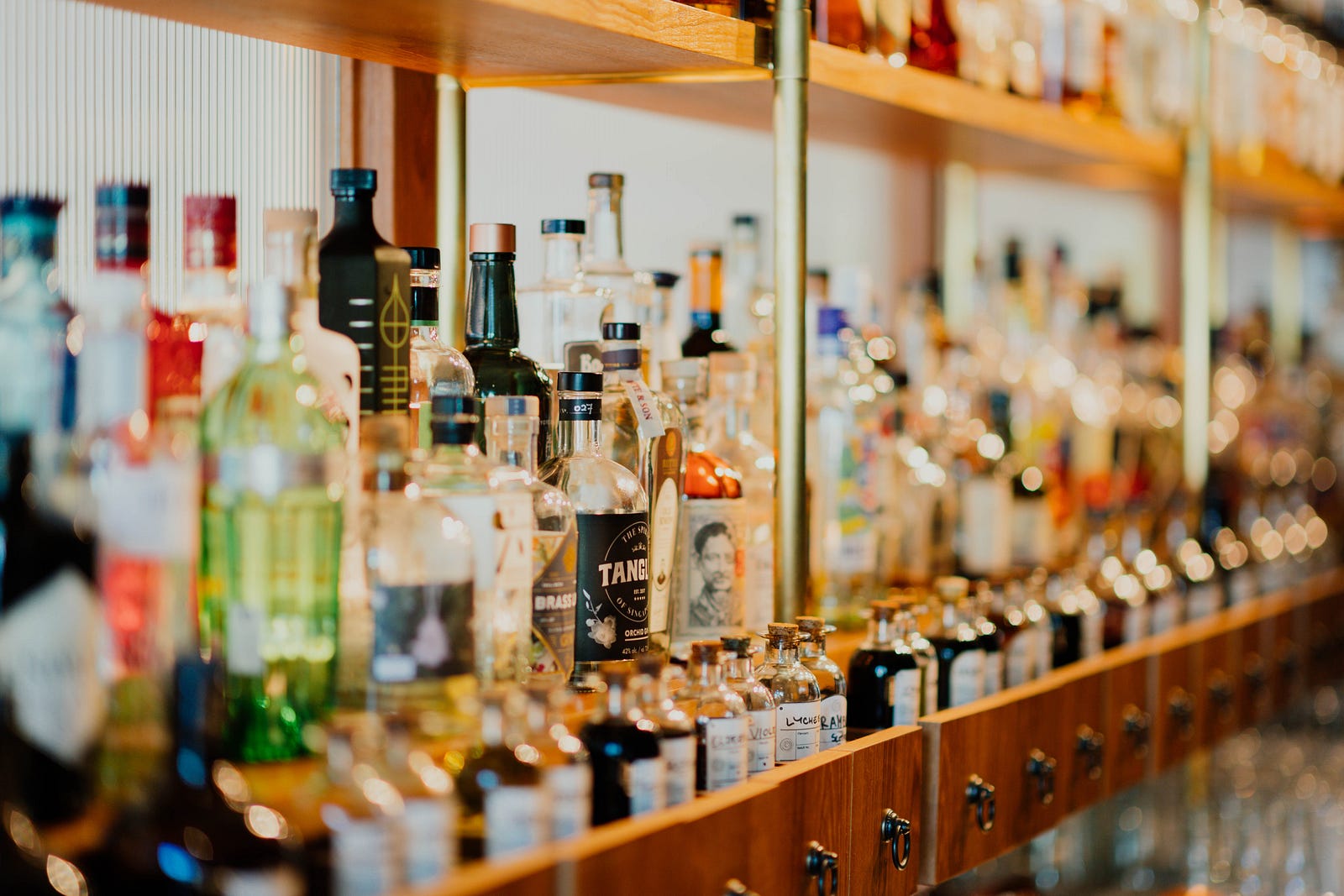
My Take — Cancer, Two Drinks, and You
My takeaway messages are simple:
- I try to reduce my cancer risk by limiting my consumption of sugar-sweetened drinks.
- I avoid excessive alcohol consumption. I don’t drink, but if I did, I would cap it at one (if I were a woman) or two standard drinks daily.
We all take risks, so you may decide that that tasty Coca-Cola or that delicious glass of wine is worth it.
Thank you for reading “Cancer, Two Drinks, and You.”




